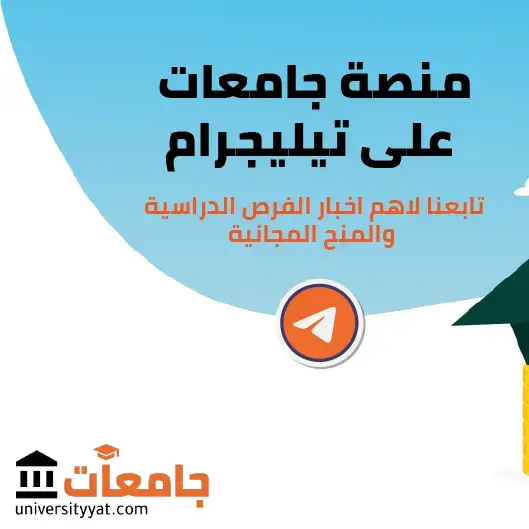Do you want to study in Malaysia and are wondering about the advantages of the education system in Malaysia? Here we briefly present to you the advantages of each. Stages of Malaysian educationMalaysia is known for its well-organized education system. Primary, secondary, and tertiary education are well-organized, and students from within the country as well as international destinations apply and study here.
See: Conditions for studying for a master's degree in Malaysia
School education system in Malaysia
Malaysian primary education
Primary education in Malaysia lasts approximately 6 years. Children begin primary education at the age of 7 in this country. Primary education is a continuation of pre-school education in this nation. Besides reading, writing, and arithmetic, children may also study other subjects such as science, physical education, Islamic education, and moral education. At the end of their studies in Year 6, these students appear for the Primary School Achievement Test/UPSR.
The Malaysian school system is centered around an optional kindergarten, compulsory primary school, followed by secondary, tertiary, and university education. Optional kindergarten is for children aged 3 to 6. There are only a few government-run kindergartens in Malaysia, and many are privately run.
Secondary education Malaysian
The Malaysian education system for secondary school students aged 13 to 17 is divided into junior and senior secondary education. The former lasts three years, while the latter lasts two years, and both are completed through standardized examinations. There are two different final exams depending on whether students pursue a technical or vocational education track.
Post-secondary education Malaysian
This is for students aged 17 to 18 and prepares students who wish to attend university. Secondary schools in Malaysia range from national high schools to boarding schools, arts and sports high schools, technical/vocational high schools, national religious high schools, and national religious-assisted high schools. Children with chronic health conditions may choose to study at home.
Schools in Malaysia
A cluster school is a secondary school in Malaysia. It has been identified as excellent within the cluster, regardless of features such as school management and student achievement. Cluster schools emphasize the excellence of the Malaysian education system. Below is a summary of the Malaysian education system for schools.
- Primary schools include national schools, Chinese national schools, local schools, and Tamil national schools.
- Secondary schools consist of fully boarding schools, technical secondary schools, national religious secondary schools, regular secondary schools, junior schools, schools within Putrajaya and Cyberjaya, centenary schools and private model schools.
- There are also special education primary schools, special education secondary schools, and private and international schools.
- Tertiary education institutions, including public high schools and teacher training institutes, are also easily accessible. For secondary education, since the introduction of the Open Certificate, students are required to study four compulsory subjects: Islamic Education, Malay Language, English Language, and Mathematics, in addition to History. Three major streams predominate in higher secondary education: academic (science/arts), technical and vocational, and religious.
- Malaysian Arts and Sports Schools: Apart from Malaysian arts schools, students in this country can also opt for Malaysian sports schools, so that both sporting and academic talents can be nurtured together.
Students who have completed their secondary education and sat for the SPM examination can pursue higher education. Form 6 is a two-year course comprising both the lower and upper forms. Eligible students can choose either of two streams: humanities or science. At the conclusion of Form 6, students can receive assessment through the Malaysian Senior School Certificate examination.
High School Certificate Program: High School Certificate Program The Ministry of Education's Preparatory Program is a preparatory program for Bumiputera students who hold the Malaysian Certificate of Education (MCE) to qualify for degree courses in science, technology, and vocational arts at public and private universities. Pre-university studies last for two semesters. The program's curriculum focuses on academic aspects without neglecting the co-curricular aspect.
Advantages of the higher education system in Malaysia
In the Malaysian education system, students can only enter university after completing the Matriculation Certificate program. Matriculation Certificate students are sponsored by the Ministry of Education, and those with a cumulative GPA of 2.00 or a grade of C or higher are admitted to public institutions of higher learning.
public institutions MalaysianAnd
Public higher education institutions can be an option for students pursuing postgraduate studies in Malaysia. These institutions are managed by the Student Admissions Management Division of the Department of Higher Education. Another option is to enroll in polytechnic colleges. These colleges are managed by the Student Admissions Division, Division of Polytechnic Colleges. Community colleges are admitted by the Student Admissions Division of the Department of Community Colleges/DCC.
Foreign universities in Malaysia
“Overseas branches” of foreign universities offer the same courses and opportunities as the main university. Twinning programs have also become popular, with local universities in Malaysia partnering with foreign universities. Malaysian universities offer undergraduate and postgraduate courses, and admission requirements include the State Examinations for Malaysia (STPM) or foreign degrees such as A-levels.
Malaysian private universities
There are a growing number of private universities in Malaysia as demand for higher education increases. Students apply directly to a Malaysian private or public university of their choice, provided the institution is approved by the Malaysian Ministry of Higher Education. Public universities may accept international students; however, public institutions must obtain a license from the Immigration Department of the Malaysian Ministry of Home Affairs.










